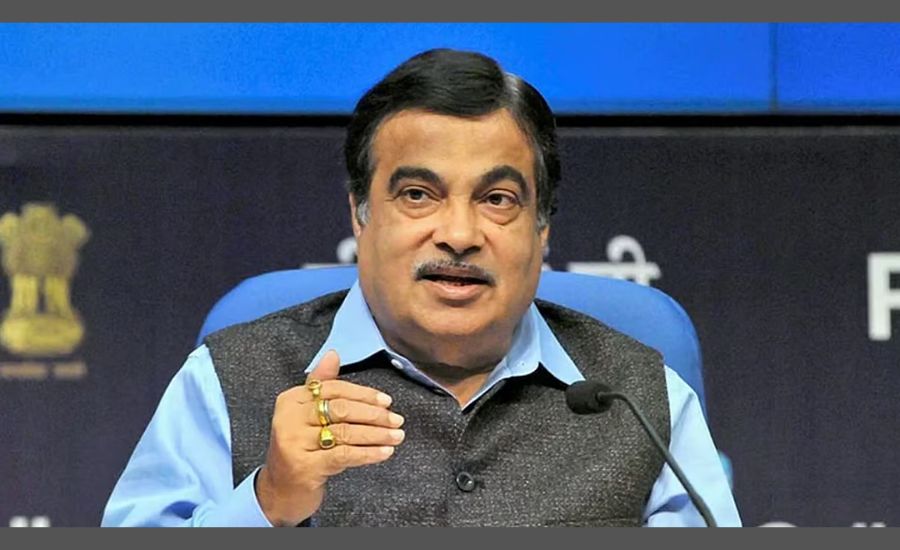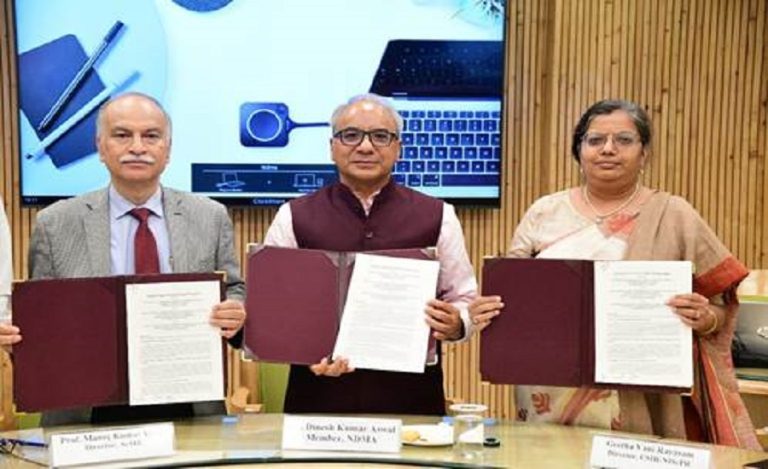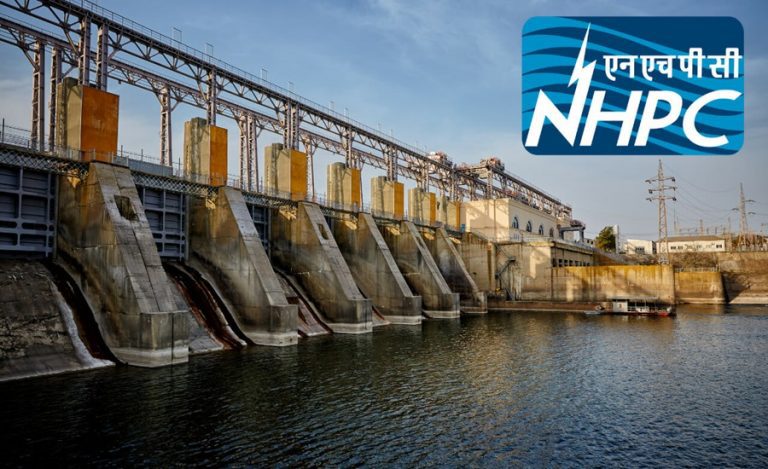New Delhi: Union Minister for Road Transport and Highways, Nitin Gadkari, announced on Wednesday that the Indian government has set an ambitious goal of making the country’s automobile industry the largest in the world within five years. He highlighted India’s competitive manufacturing, skilled workforce, and growing emphasis on green mobility as key drivers toward achieving this target.
From ₹14 Lakh Crore to ₹22 Lakh Crore: Fast-Paced Growth
Speaking at a public event, Gadkari said that the Indian automobile sector has shown significant growth in recent years.
“When I took charge as Transport Minister, the size of the industry was ₹14 lakh crore. Today, it stands at ₹22 lakh crore,” he said.
Despite trailing behind the United States (₹78 lakh crore) and China (₹47 lakh crore), India is rapidly catching up and holds the third position globally.
EV Revolution: A Major Catalyst
Gadkari emphasized that electric vehicles (EVs) are at the heart of India’s transformation. Indian companies are now manufacturing electric cars, buses, and trucks at affordable prices. He also pointed out that battery costs are falling, which will soon make EVs cost-competitive with petrol and diesel vehicles.
“The cost of lithium-ion batteries is reducing. Very soon, electric and fossil fuel vehicles will cost the same,” he predicted.
Currently, India has the capacity to produce 50,000–60,000 electric buses per year, but the demand stands at 1 lakh buses annually, showing a huge opportunity for expansion and exports.
Ethanol & Flex-Fuel Tech: A Step Toward Energy Independence
Gadkari also highlighted the government’s push for ethanol-blended petrol (E20) and flex-fuel engines, especially in agricultural vehicles.
He acknowledged public concerns about engine compatibility and disclosed that minor changes are sufficient for vehicles to run on E20 fuel. Ethanol can be produced from sugarcane, broken rice, and other crops, offering a domestic alternative to imported crude oil.
“We are spending ₹22 lakh crore on importing fossil fuels. Ethanol will reduce this dependency and help tackle pollution,” he added.
Petroleum Lobby Opposing Ethanol Push
In a candid remark, Gadkari criticized lobbying by oil companies, stating:
“Everywhere there are lobbies and vested interests… the petrol lobby is very rich,”
Despite resistance, the government is pushing forward with its E20 blending targets and encouraging the use of alternative fuels.
India’s Advantage: Quality, Cost, and Global Presence
Gadkari expressed confidence that India could surpass China and the US in automobile production due to its low manufacturing costs, high-quality output, and strong presence of global carmakers.
“It is difficult but not impossible,” the minister said, affirming the government’s commitment to making India a global auto hub.
Key Highlights
- India aims to become the world’s largest automobile industry in the next 5 years.
- The sector has grown from ₹14 lakh crore to ₹22 lakh crore under Gadkari’s tenure.
- EV production, ethanol blending, and flex-fuel tech are key focus areas.
- The government is tackling challenges from petroleum lobbies to push green mobility.
- India is currently the 3rd largest auto market after the US and China.




























